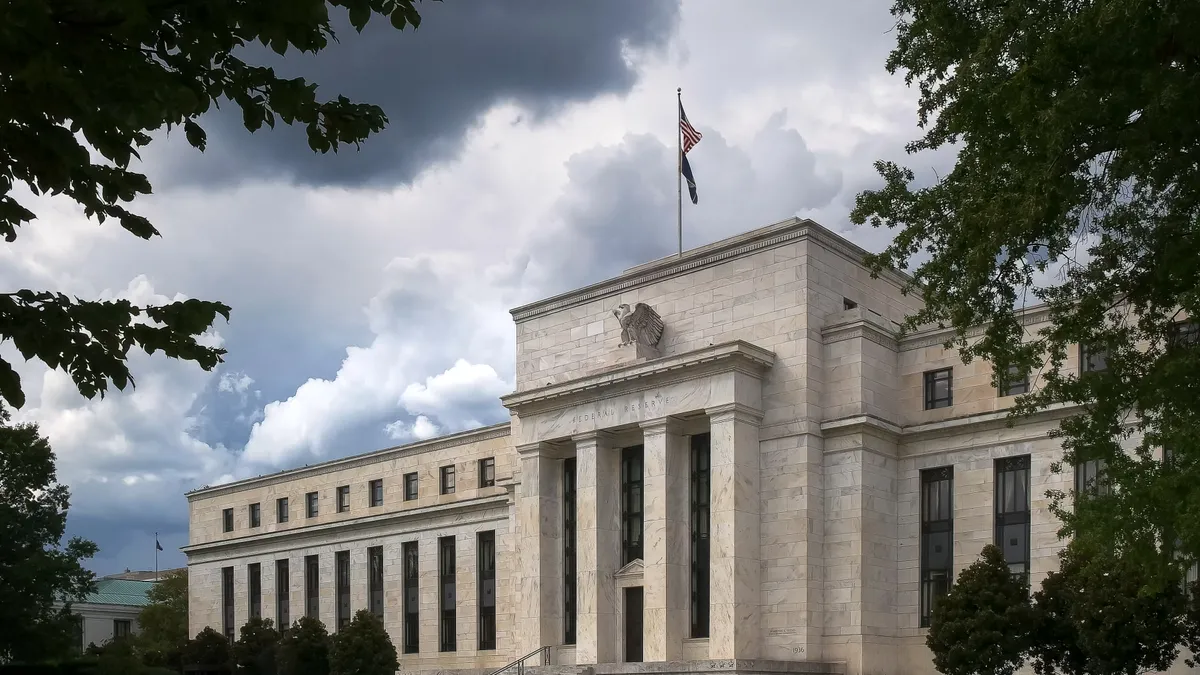CFOs with operational expertise and predictive modeling skills command generous compensation, but executive recruiters say the cost to hire them has leveled off from what they deem the enormous bumps of recent years.
“They are still in high demand,” says Josh Crist, co-managing partner of executive search firm Crist Kolder Associates, noting that last year and in 2023 he saw businesses pay premiums as high as 50% to recruit top candidates. “What I’m seeing this year is a bit more normalization, stabilization in terms of traditional package upgrades compared to the outsize packages that were abundant over the last couple of years.”
Experienced CFOs in financial services commanded the highest salaries in 2025, averaging $1.5 million, according to data from executive search firm Cowen Partners, followed by those in technology. At the low end were retail CFOs, who averaged $800,000.
Cowen sees a continued shift away from the skill set sought by employers in the past that focused more heavily on accounting, says Shawn Cole, Cowen president and co-founder. But businesses are willing to pay more for CFOs possessing well-rounded backgrounds that include operational expertise and financial planning and analysis, he said.
“Being able to forecast, sometimes on a daily basis, if not daily—weekly, monthly – that is a massive value proposition. It’s deserving of top dollars,” Cole said.
That’s good news for high-end CFO recruits.However, executive search firm Robert Half forecasts that the average U.S. salary that CFOs with moderate experience can expect when starting in a new role will tick up just 0.6% to $269,750 next year, CFO Dive reported.
More cautious hiring
When facing recruitment offers, CFO candidates are likely to see increases “probably more in the single digits,” says Ash Athawale, Robert Half Senior Group Managing Director, citing U.S. tariffs and the recent government shutdown as factors weighing on businesses to hold more tightly to purse strings.
“It’s going to stay more steady,” he says. “Companies are being more cautious.”
CFOs remaining in their existing roles will likely see increases of 3% to 4% next year, Athawale says.
Reimbursement for wellness programs, travel budgets, continuing education and memberships in professional associations are still popular incentives, he says, but on the higher-end, joining packages that might have previously included big-ticket items such as company-purchased homes are giving way to higher cash bonuses.
Cash sweeteners
Cash incentives have gained in popularity in large part due to volatility in the stock market, says Cowen Partners’ Cole.
“I think the expectation for cash is a lot higher than it used to be,” Cole says, but he stipulates that cash is expensive for businesses in the current environment. “A lot of these folks are coming from a place where their stock or equity is not worth what it used to be, so they want guarantees.”
Crist says he sees more companies cutting checks to CFO hires to buy out equity they may have left on the table. “Quite frankly, that’s the one thing that will continue to ramp up heavily,” he says.
Athawale observes larger bonus incentives tied to business performance objectives that can offset more modest salary increases. He sees a wide range, dependent on industry and business structure.
Carte blanche remote work privileges prompted by the pandemic may be waning. Executive recruiters said they see an increasing desire from businesses for arrangements mirroring the broader trend of workers returning to the office — at least part time. Crist sees perks that facilitate time in the office that include travel allowance and sometimes apartments.
Writing in hybrid work
Specifications around hybrid work are now frequently written into CFO contracts, Athawale says. But contractual requirements around work location can kill a recruitment deal for a top-tier CFO, according to Cole.
“They show up where they have to show up. That’s part of the job,” Cole says. He sees an exception in family-run companies, where a typically more conservative culture may require a more visible office presence.
Amid the continued pressures boards must now address is a shrinking pool of qualified CFO candidates as CFOs continue to age out. The average age for a CFO at Fortune 500 and S&P 500 companies is 52.6 years, data tracked through July by Crist Kolder shows. CEOs are older, averaging 57.8 years.
Industries experiencing pressure on the bottom line have the highest turnover, often requiring companies to pay more for replacements who can help the business generate growth. CFOs in the industrials sector, who are coping with challenges including the high cost of goods and unpredictable tariffs, have an average tenure of 4.1 years, according to the Crist Kolder data. Closely behind were those in the consumer sector at 4.5 years, and energy, at 4.3.
“We’re looking for individuals who will dig deeply into a business, who will understand the levels that business needs to pull to change, to transform,” Crist says.
Private equity-backed portfolio companies that have reached maturity represent another area where skills like predictive analytics and an understanding of the importance of AI and other emerging technology demand premiums, Cole says.
Recruiters say they expect similar compensation trends heading into 2026, as businesses await signs the economy has stabilized before changing their approach.
Says Cole: “I think we’re looking at 2026, maybe around this time next year, as to when there will be indicators as to (whether) we are entering back into a very strong cycle.”






















